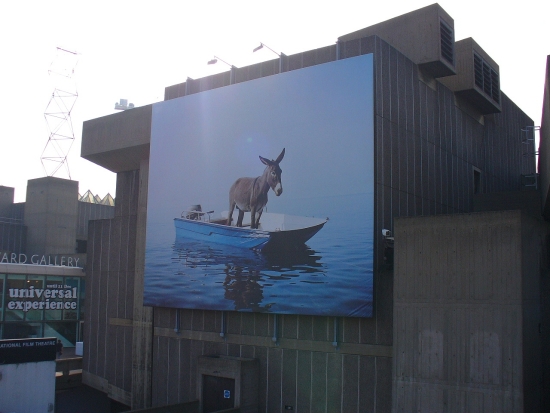Feilden Clegg Bradley, the architect overseeing the redevelopment of London’s Southbank Centre, has responded to criticism of the project by insisting “commercial is not a dirty word.”

The Hayward Gallery
The long disputed redevelopment involves alterations to the Hayward Gallery and Queen Elizabeth Hall and fears have been expressed that it may lead to a dramatic increase in the amount of commercial property around the cultural venue.
Late last year the Southbank’s artistic director, Jude Kelly, said; “Shopping malls have their place in our lives but that’s not here.”
Recently Clare Hughes, the creative producer of the practice, addressed an event on conservation and commercial viability and took the opportunity to respond to critic’s concerns.
Arguing that even historic buildings are not immune to financial pressures she said that there is no reason that culture and commerce should be seen as contradictory concepts.
“Commercial is not a dirty word – most of our historic towns and cities were built on the idea that people came together to exchange goods and services.
“The notion that commerce and culture should be kept apart doesn’t understand how human society works and has evolved,” she said.
Hughes received support from Graham Morrison, the director of Allies & Morrison, the practice which oversaw the majority of the centre’s retail activity shifted to outdoor public spaces a decade ago.
“The place finally had a buzz about it not seen since the Festival of Britain. Its lively public realm brings many people who would previously not have come to the building at all.”
He continued to say that there is a great deal of unused space and it needs to be utilised to ensure the future of the two buildings. In order to achieve this, and allow the site to reach its full potential, there had to be flexibility he insisted.
Previous Post
HMV Finally Agrees to Accept Customer Gift Cards